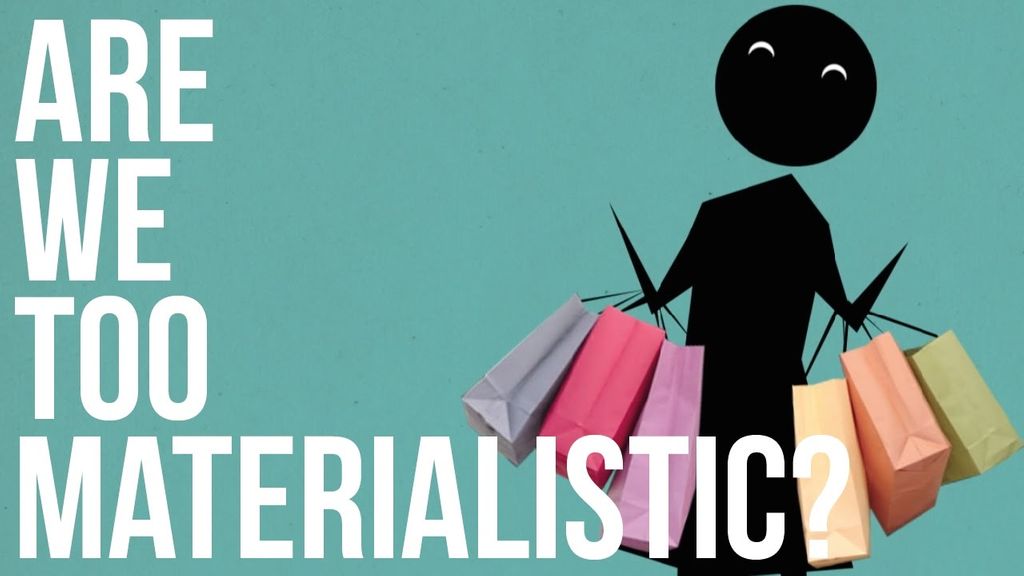He Who Knows Being Poor Knows Everything
May 02, 2019 • 149 views
"Poverty is a veil that obscures the face of greatness." – Khalil Gibran
What is the distinction between rich/wealthy and poor? 90% of people would distinguish it on the basis of materialistic things like money. Yes, money is an important point but is it the sole factor? No, there are non-materialistic things as well that distinguishes rich from poor. A person who is a billionaire but doesn’t have anyone with whom he can actually enjoy or share the richness he possess then he is no different than a poor person, in fact poorer than them. Thus, before categorizing a person as rich or poor we should do our research properly and not be biased about it by looking at just one aspect.

We all live in a materialistic world where money is the most important factor. It is the same reason why we feel pity when we think about poor people and the difficulty they go through. There is no doubt that things are not served on a platter to them, but we must learn to look beyond that. Being poor teaches several things which are missed out by rich people –
1. Value of money
There are people who spend lakhs of money on a bag, belt, spectacles, watch, etc. However, by spending huge amount on materialistic things does not change the basic purpose of such things. Bag would still be used to keep our essentials, spectacles to see clearly, and watch to see the time. It’s just about the brand value. This shows how value of money has deteriorated. Now, let’s look at the other set of people. Someone who thinks twice before spending even a penny or doesn’t believe in hefty expenditure in order to satisfy his or her whims and fantasies. If we categorize such people as poor then it’s better to be poor than being rich because we will know the value of money.
2. Time management
Being poor teaches us time management. It teaches us how to make the most of our time in order to survive. When we already have abundance of things we tend to forget what time management is. We louse around in the house knowing that there are people who will take care of things. Thus, we forget to take up the responsibility of doing things.
3. Strength to rise from failures
We all fail in our life however how many of us actually have the strength to get up and try again? Not a lot of us. That’s what being poor teaches us. It gives us the strength to rise from failures and try harder in order to attain success. This theory applies to non-monetary values as well. Sometimes our richness blinds us to such an extent that we do not realize the importance of our loved ones, thus end up loosing them in the process of earning money. This eventually makes us poor emotionally and socially. That’s when we rise above money and enforce all of our efforts to embrace our relationships again. Thus, being poor gives you the strength to fight any battle.
4. Celebrating every event to the fullest
How often do we celebrate any event to the fullest? If we are hosting a particular event, we are always worried that nothing goes wrong and in that process we end up getting so worked up that we don’t enjoy our own event that we ourselves hosted. On the other hand, if we are guests to a particular event then we are worked up of the fact that “How would I leave early from work?” “What to wear?” “What gift should I give?” etc. An event is supposed to be an occasion where we participate to enjoy ourselves and not to stress even more. However, poor people cherish and celebrate every small moment because they live the moment and they are not worried about what to gift, what to wear, how to host, etc. All of them unite as one and celebrate together. That’s the beauty of celebration.

To sum up everything, we can conclude that it is a normal human tendency to always look at the darker side of things but we should learn to see the positive sides of everything. Always remember if the glass is half empty, it’s half full too. It’s just a matter of our perspective, as to which side we want to focus on. Thus, from now on instead of feeling pity for the poor, we should try understanding, admiring and perhaps even learning their sides of happiness and perseverance. It proves that “He who knows being poor knows everything”.
